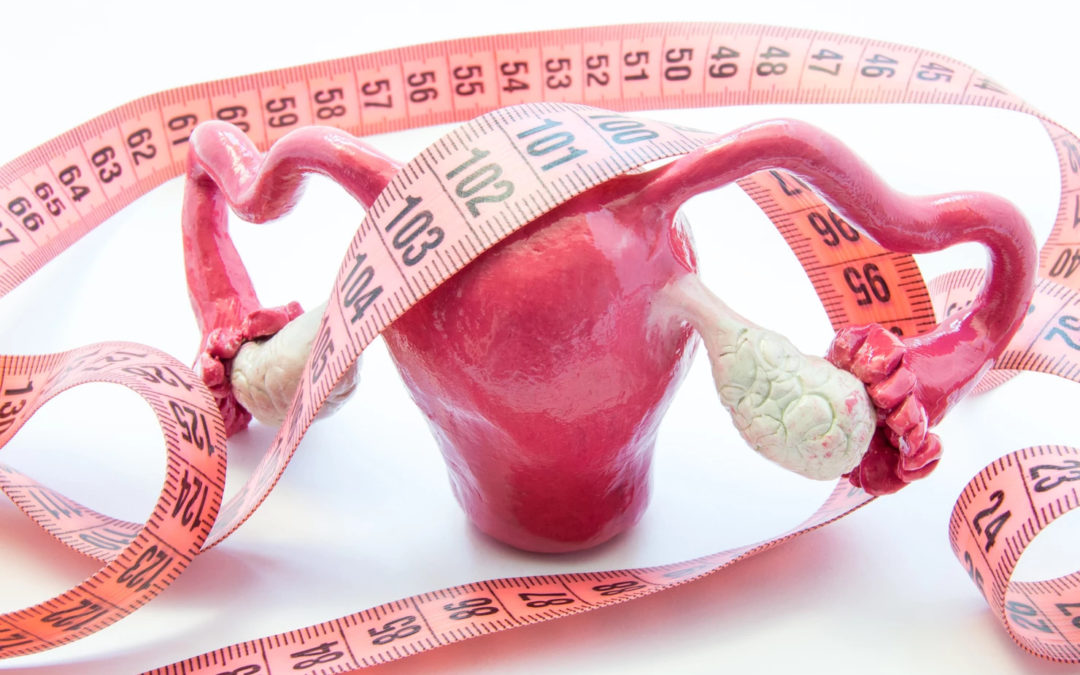The question of whether fertility can be measured is a very common one. Recently, several companies have popped up with tests that claim to measure fertility to help women feel empowered and have control over their reproductive lives. While being able to predict the future of one’s fertility would be amazing, it really isn’t so easy. While we know that fertility decreases over time for everyone, there is no way to know the current chance of achieving pregnancy, predict the rate of fertility decline or future fertility potential for any individual woman.
The question I often get asked is “will I still be able to conceive if I try X years from now”? The answer is I don’t know. Current fertility testing, which is offered as at home testing kits, through a health care provider or at mobile “pop up” labs is primarily hormone testing that gives an indication of ovarian reserve, or egg supply. Most commonly, antimullerian hormone, or AMH, is used as the main indicator of ovarian reserve. The problem is, the results do not mean much for the average woman. A study published in The Journal of the American Medical Association in October 2017 found that ovarian reserve numbers are not necessarily an indication of fertility. Researchers gave blood and urine tests to 750 women, ages 30-44, who had been trying to get pregnant for 3 months or less, and then followed them for the next 6-12 months. Almost 500 of those women conceived naturally during that time, and the women’s levels of AMH and follicle stimulating hormone (FSH) had no significant effect on who got pregnant and who didn’t. Furthermore, the American College of Obsetricians and Gynecologists and the American Society for Reproductive Medicine recommend against using AMH levels to counsel women who are not infertile about their reproductive status and future fertility potential.
Using AMH as a general screen can backfire in a couple ways. For women with normal values, this could give them a false sense of security and lead to delaying childbearing and having subsequent fertility problems (remember, there is no way to predict how fast fertility will decrease for any individual woman, so a normal AMH today does not mean it will still be normal 3 years from now). A low number could cause undue stress and anxiety about a woman’s ability to conceive (remember, a low AMH says nothing about the chance of conceiving naturally, only about response to ovarian stimulation medications). Furthermore, there are other factors that affect fertility that are not measured in hormone tests. For example, body mass index (BMI), stress, smoking, diet, physical activity, coexisting medical conditions, past medical history and male factors (sperm).
Ovarian reserve testing is absolutely indicated in certain circumstances. In women struggling with infertility, AMH levels are used to predict response to hormones used to stimulate the ovaries (such as in IVF). In the same vein, AMH is used to predict response to ovarian stimulation medication in women considering freezing their eggs for fertility preservation. Women with low AMH values may not be good candidates for IVF or egg freezing; women with high values may need less medication and be at risk for complications such as ovarian hyperstimulation syndrome (OHSS).
My advice to all women is that age is the best predictor of fertility. The younger you are when you start trying, the better your chances of getting pregnant without difficulty. Obviously, many factors come in to play when deciding if and when to have children, and for many the timing does not work the way they initially hoped. If you find yourself in this situation, I encourage you to talk to your primary care provider, OB/GYN or fertility specialist to discuss your options about your own unique circumstances. Additionally, controlling the things you can control, such as maintaining a normal body mass index, not smoking, protecting yourself from STIs, avoiding toxins, getting annual health maintenance screening and recommended vaccinations and controlling chronic illness can be helpful to protecting your fertility.
REFERENCES:
The use of antimullerian hormone in women not seeking fertility care. Committee Opinion No. 773. American College of Obstetricians and Gynecologists.
Testing and interpreting measures of ovarian reserve: a committee opinion. Practice Committee of the American Society for Reproductive Medicine. Fertil Steril 2015; 103:e9-17.
Steiner AZ, Pritchard D, Stanczyk, FZ, Kesner JS, Meadows JW, Herring AH, et al. Association between biomarkers of ovarian reserve and infertility among older women of reproductive age. JAMA 2017; 318: 1367-76.

